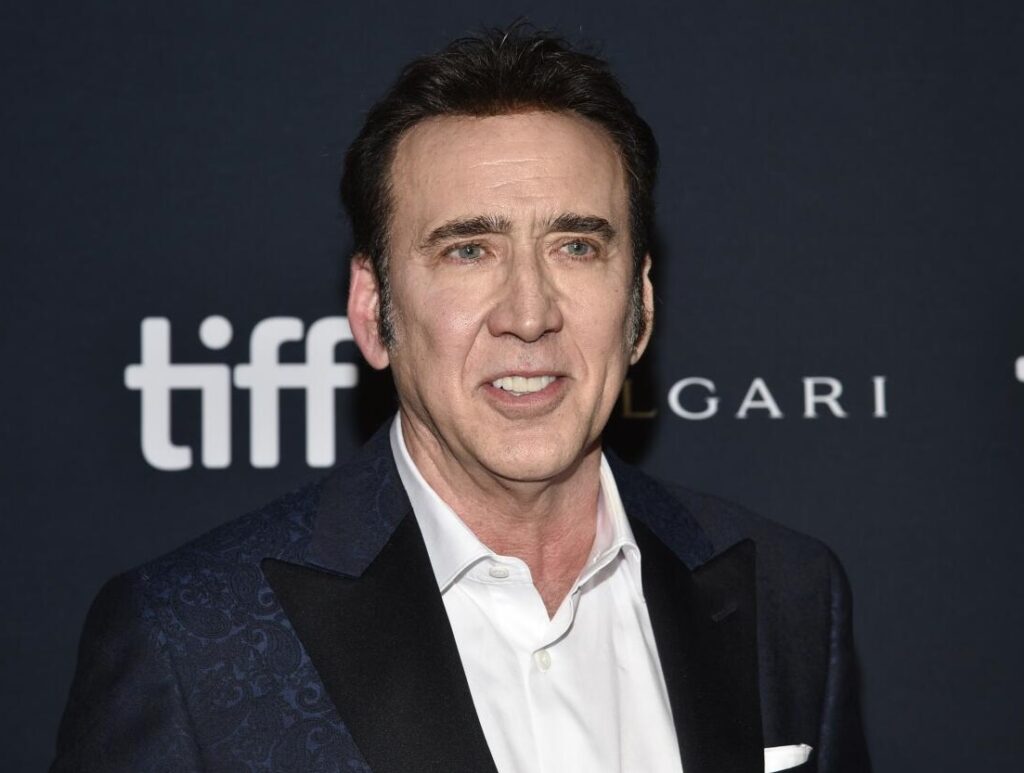14/07/2024
14/07/2024

LOS ANGELES, July 14: Nicolas Cage has once again voiced his fears regarding artificial intelligence (AI) and digital replicas in an interview with The New Yorker while promoting his new horror movie, "Longlegs." Cage mentioned he had to leave early to undergo scans for his upcoming "Spider-Man Noir" series, revealing his apprehension about AI technology.
"I have to slip out after this to go get a scan done for the show, and then also for the movie I’m doing after the show. Two scans in one day," Cage explained. He expressed anxiety about the digitalization process, saying, "They’re just going to steal my body and do whatever they want with it via digital AI. God, I hope not AI. I’m terrified of that. I’ve been very vocal about it."
Cage raised concerns about the future of artistic integrity, pondering, "Where will the truth of the artists end up? Is it going to be replaced? Is it going to be transmogrified? Where’s the heartbeat going to be?"
Rob Rosenberg, founder and principal of Telluride Legal Strategies, reassured that protections are in place due to recent SAG-AFTRA negotiations. "There are provisions talking about digital replicas. You need to consent to digital replicas being made, and if studios or producers want to use that digital replica for other projects, they need to get your consent and compensate you."
The new SAG-AFTRA contract requires employers to obtain "clear and conspicuous" consent from performers before creating digital replicas and to pay them for the time they would have otherwise worked in person.
Cage’s concerns are not new. In a December interview with The Associated Press for his film "Dream Scenario," he discussed the anxiety surrounding life rights, describing AI recreations as "inhumane." He criticized the use of celebrities’ likenesses after death, referencing attempts to cast a digital version of James Dean in new films.
Rosenberg explained that actors' names and likenesses are protected by rights of publicity, which vary by state. "California’s law covers the deceased for 70 years after death," he noted. However, there is no national right of publicity statute, unlike other intellectual property protections.
Cage also expressed unease about AI in the music industry, citing the controversy over the Beatles' use of AI for a final song featuring John Lennon's voice. Although Paul McCartney clarified that Lennon’s vocals were original, Cage remains wary of AI's impact on creativity.
In light of these developments, Cage’s apprehensions highlight ongoing debates about the ethical and legal implications of AI in the entertainment industry.


